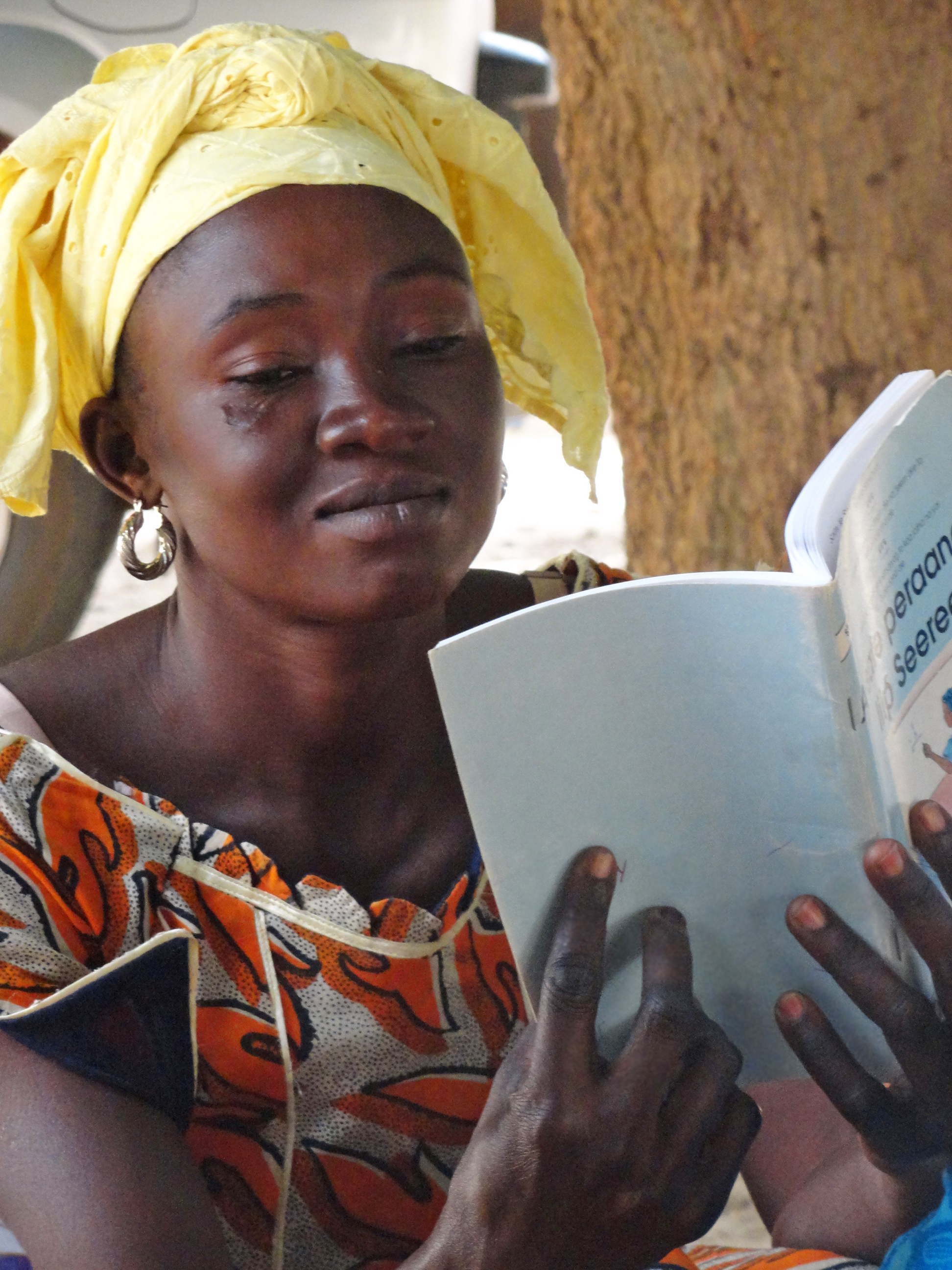
Margarete Sachs-Israel reflects on the important new commitments made at the 2018 Pan-Africa High-Level Conference on Education
First published, 15 May 2018
The 2018 Pan-African High-Level Conference on Education was notable for a number of reasons. First, it placed lifelong learning at the heart of thinking about education policy and planning in Africa. Second, it secured wide ministerial-level endorsement of its key messages, including on the need to promote and resource lifelong learning and increase literacy provision. Third, it reinforced the commitment of Member States to the global 2030 Agenda for Sustainable Development and to the Continental Strategy for Africa (CESA 16–25). Perhaps most important of all, it set out a clear agenda for lifelong learning as a means of building the capacity for positive change on the continent.
In all countries, it is critical that development is owned by the people. As Uhuru Kenyatta, President of the host country, the Republic of Kenya, noted in opening the ministerial segment of the conference, there must be ‘African solutions to African problems’, and UIL believes that this demands the integration of lifelong learning into national plans and policies. The agency of the African people was a central theme of the conference and this was reflected in its main outcome document, the Nairobi Declaration and Call for Action on Education, which also made lifelong learning key to ‘building skilled African citizenry’ capable of acting as ‘agents of change’
UIL played an active role in the debates at the conference and it was gratifying to see this reflected in the Declaration. Its recommendations include commitments to promote lifelong learning, including adult literacy, at all levels, as well as to improve access to better-quality education, particularly for those children, young people and adults who are excluded. Creating an environment conducive to education transformation, it says, demands ‘more integrated approaches to education policies and strategies in a lifelong perspective, fostering truly system-wide articulation and inter-sectorial collaboration’.
This was also an important theme of the one-day parallel session on lifelong learning, to which UIL also contributed. Its main recommendation was to ‘develop legal frameworks, policies and strategies for lifelong learning that enable every person to access education and training at any time in his/her life and at all levels using different pathways and entry points’. It is important that these pathways are flexible, incorporating links between different, formal and non-formal, education steams, and supported by national and regional qualifications frameworks including mechanisms for recognition, validation and accreditation (RVA) of skills and competencies, however they are acquired.
A number of other important commitments feature in the Nairobi Declaration – on themes such as gender equality, common qualifications frameworks for teachers and public accountability – I urge you to read the full document. For UIL, the conference provided a wholly welcome acknowledgement of the important of lifelong learning in providing a framework for education policy in the region. I was encouraged by what I heard, particularly the commitment to working inter-sectorally and across ministries in coordinating policy. This is essential if we are to realize the vast potential of the lifelong learning approach and develop policies and plans that are coherent and inclusive. There were also some inspiring examples of outstanding policy and practice in Africa countries. As ever, the devil will be in the detail. What is clear though it that this is a very important step forward and gives Member States in the region a strong basis for development, as well as a compelling case for it.
